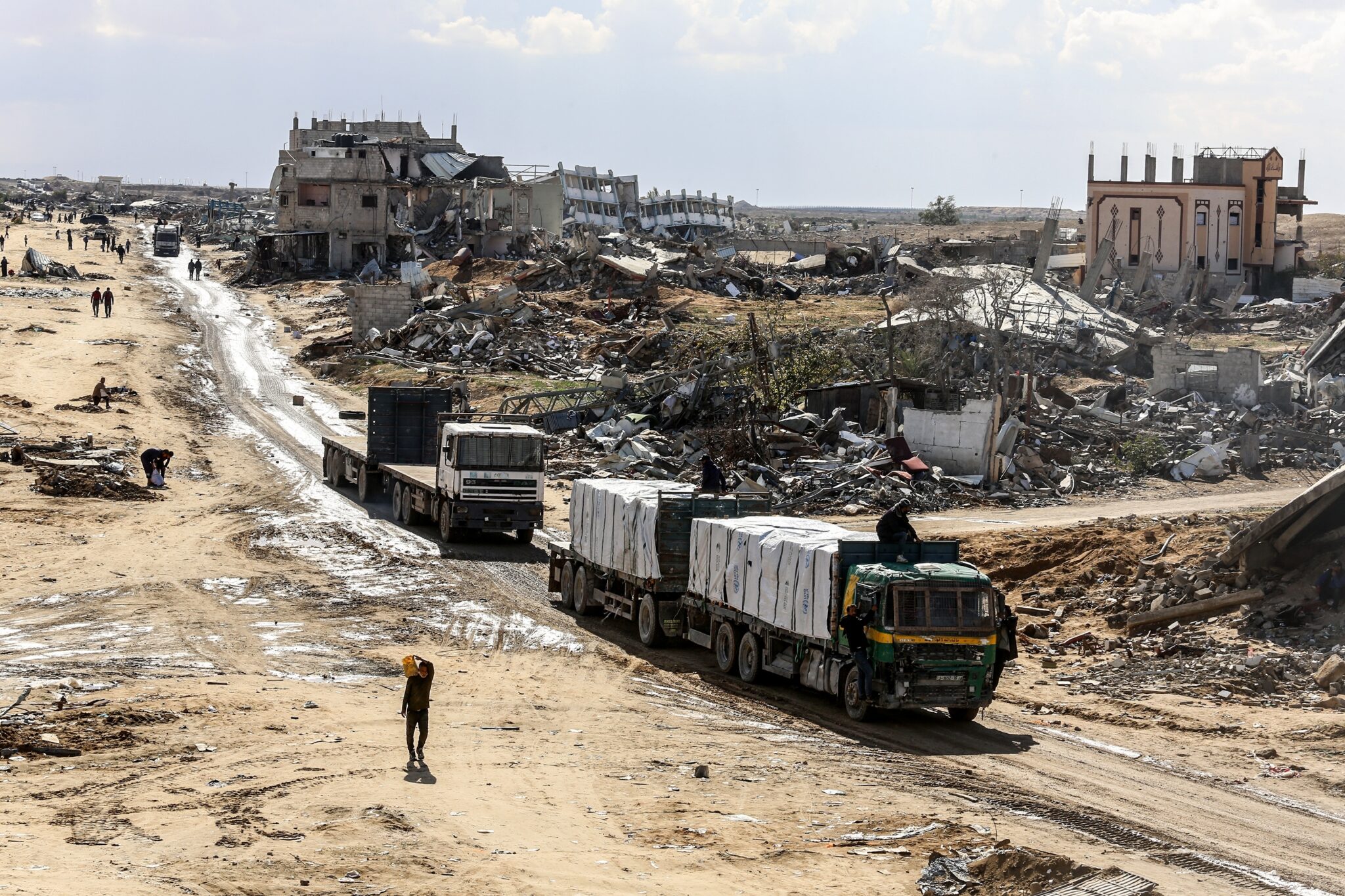UN, China React to Gaza Occupation Plan

A new geopolitical move by Israel threatens to escalate tensions in the Middle East, drawing sharp criticism from China and the United Nations.
Story Highlights
- Israel plans to occupy Gaza City, prompting global concern.
- China and the UN strongly oppose the military action.
- Mass displacement of Palestinians is expected.
- International pressure mounts against the Israeli action.
Israel’s Strategic Move in Gaza
On August 7, 2025, the Israeli security cabinet approved a plan by Prime Minister Benjamin Netanyahu to occupy Gaza City, marking the initial phase of a broader military offensive. This decision has been justified by Israel as a necessary step to eliminate Hamas, secure hostages, and establish a new governance structure free from Hamas influence. However, the plan has been met with significant international opposition due to the anticipated humanitarian crisis it could trigger.
China, a vocal critic, has expressed “serious concerns” over Israel’s actions, labeling them as a violation of Palestinian territorial integrity. The Chinese government has called for an immediate halt to the military operation, emphasizing the need for humanitarian relief and protection of Palestinian rights. This stance aligns with broader international condemnation, including from the United Nations, which has issued similar calls for cessation of hostilities.
NEW: China expresses ‘serious concern’ over Israel plan to control Gazahttps://t.co/cQ54ffzBdt
— Insider Paper (@TheInsiderPaper) August 8, 2025
International Reactions and Diplomatic Tensions
The United Nations, through the voice of High Commissioner for Human Rights Volker Türk, has condemned Israel’s plan, warning of severe humanitarian and legal implications. The UN has urged Israel to stop the military takeover to prevent further displacement and suffering of Palestinian civilians. This development has intensified diplomatic tensions, with countries like China leveraging their influence to advocate for international law and humanitarian principles.
Despite the mounting pressure, the United States has maintained a hands-off approach, allowing Israel to proceed with its military strategy. This decision by the U.S. has contributed to the complex power dynamics in the region, highlighting a scenario where military might is met with diplomatic resistance.
Watch: Israel’s Military Plans to Occupy Gaza City: Humanitarian Crisis Escalates
Implications for the Region and Beyond
The short-term implications of Israel’s occupation plan include the displacement of up to 1 million Palestinians and an exacerbated humanitarian crisis. This action risks further destabilizing the region, with potential long-term consequences for governance and reconstruction efforts in Gaza. Additionally, the geopolitical landscape may shift, affecting regional alliances and international legal precedents.
Economically, the destruction of infrastructure in Gaza will lead to paralysis, further fragmenting the social fabric due to displacement. Politically, the ramifications extend not only to Israel and Palestine but also to international actors involved in diplomatic dialogues and humanitarian interventions.
Sources:
Axios reporting on Israeli cabinet decisions and Netanyahu’s statements
UN News coverage of international legal and humanitarian perspectives
